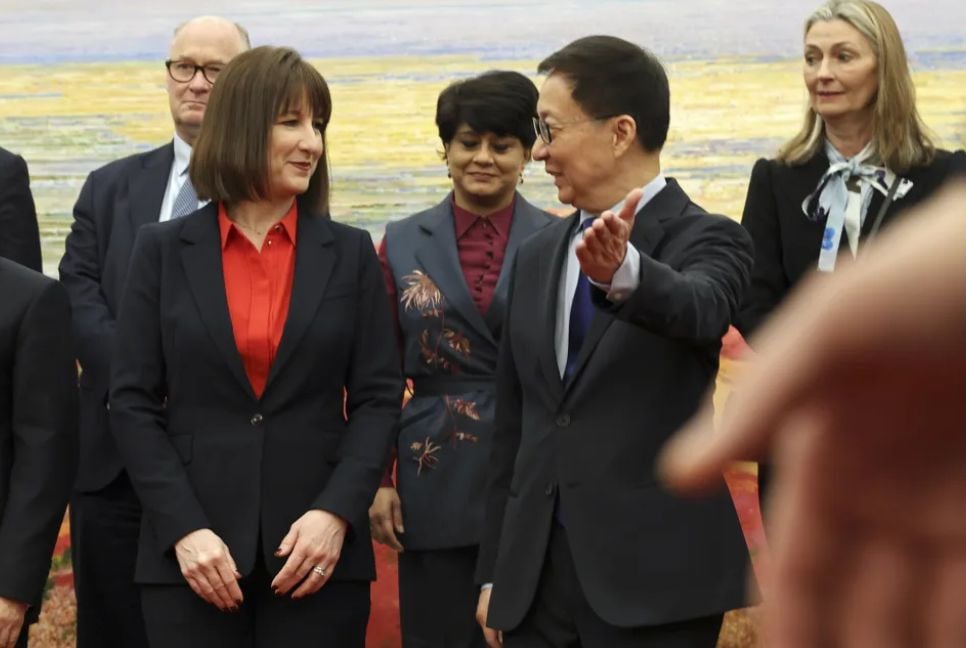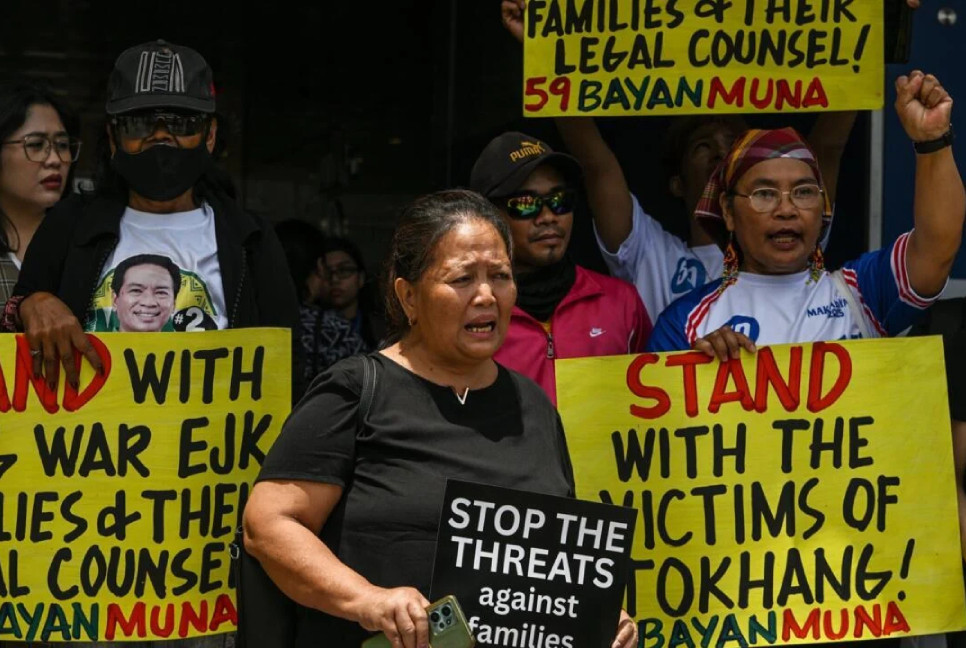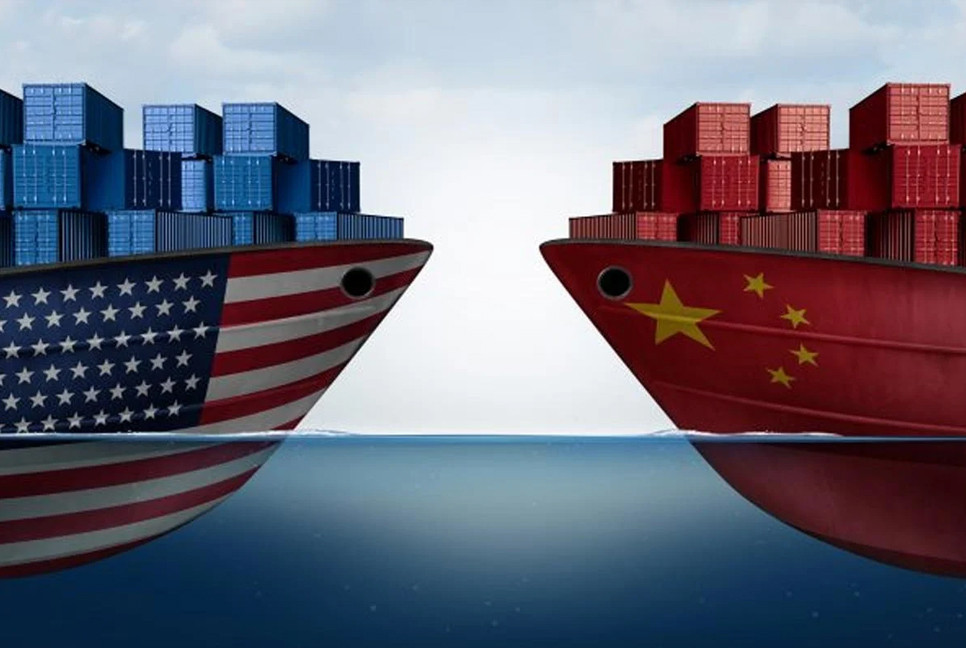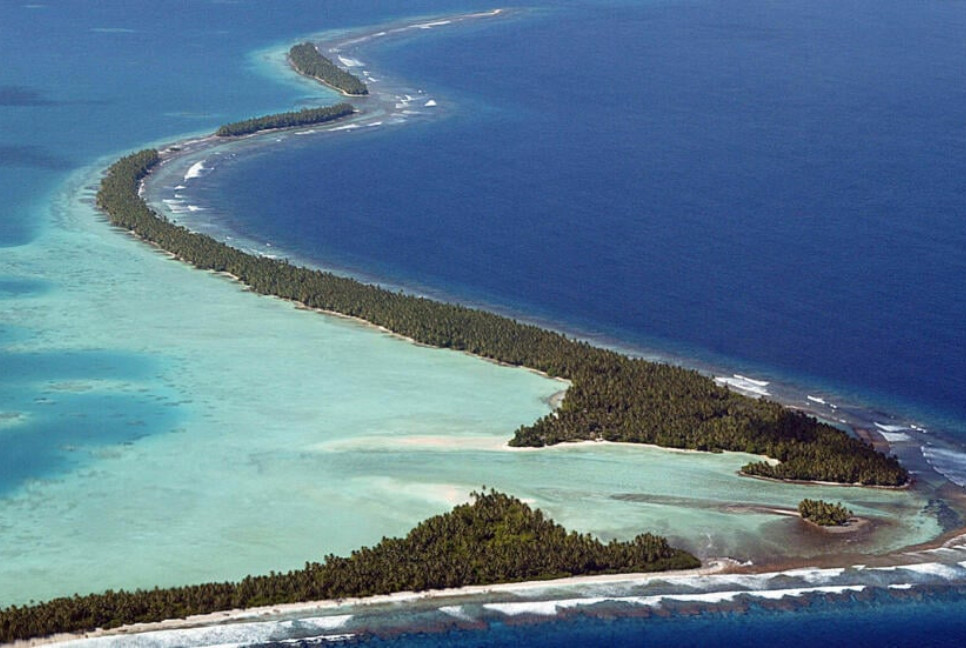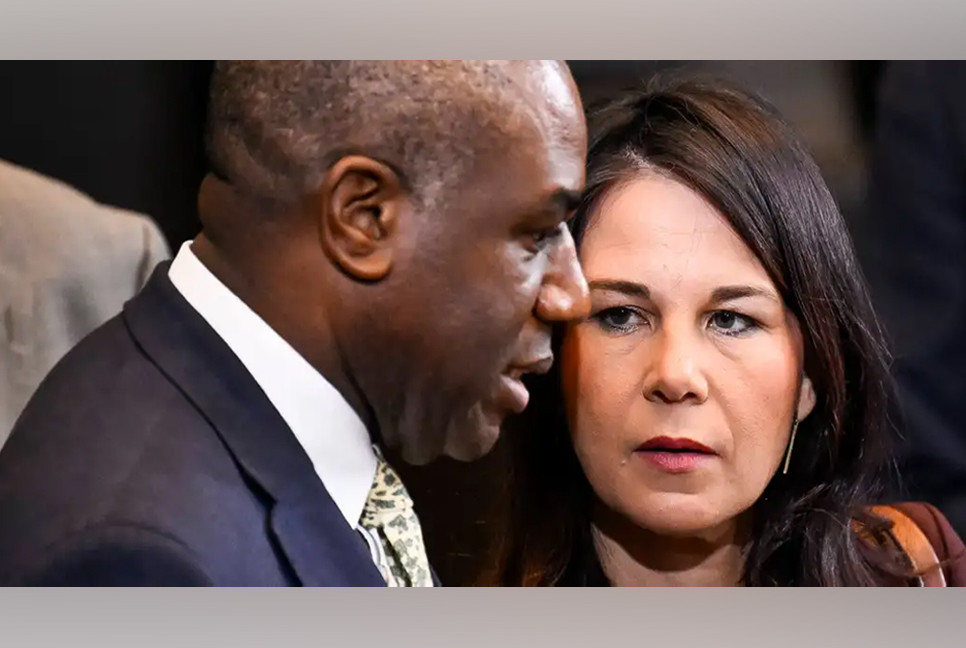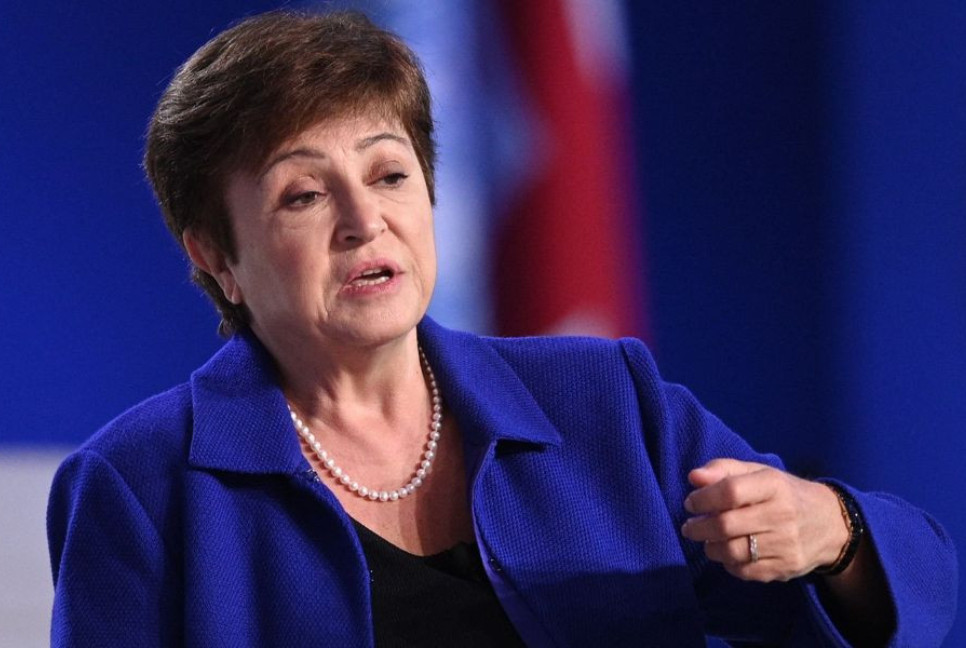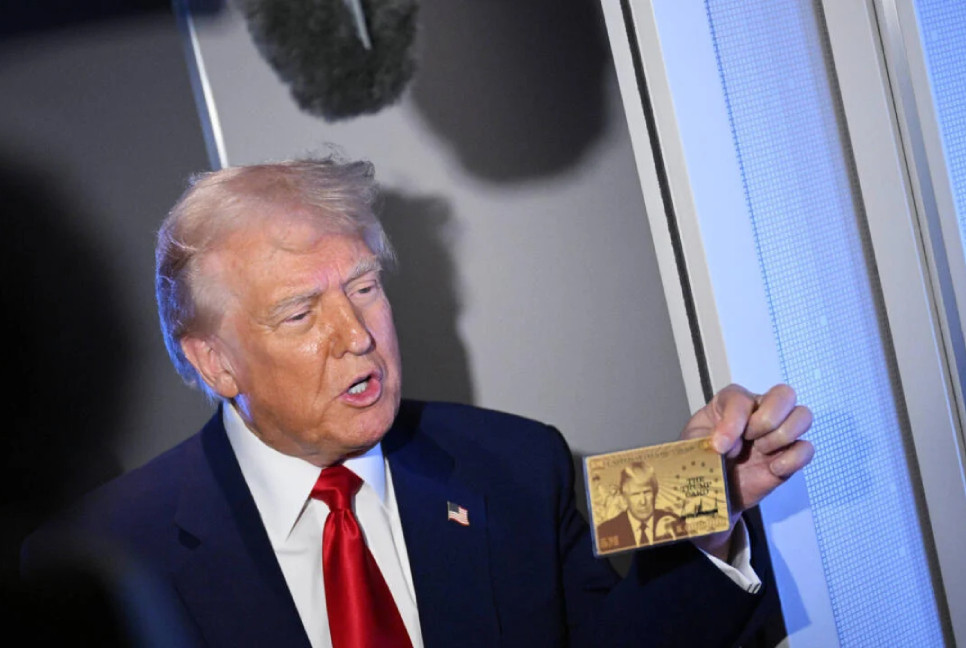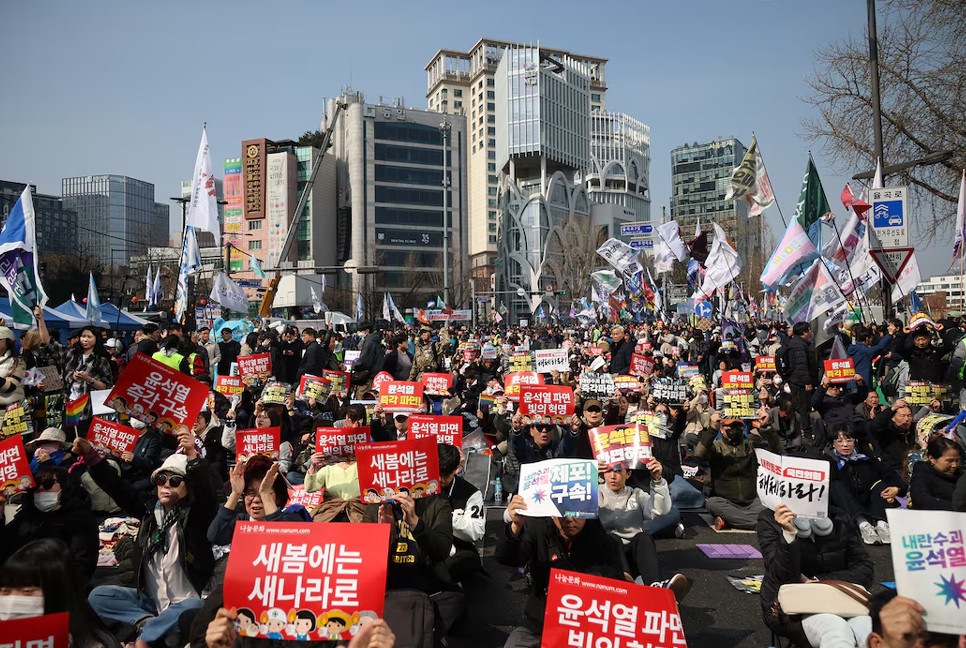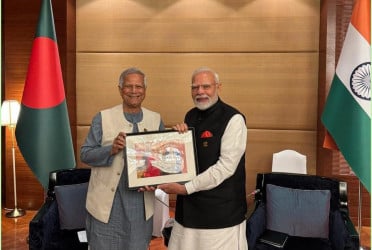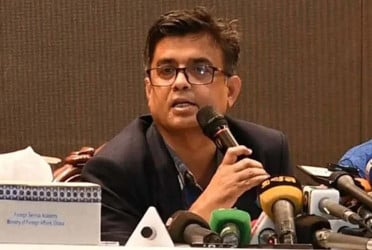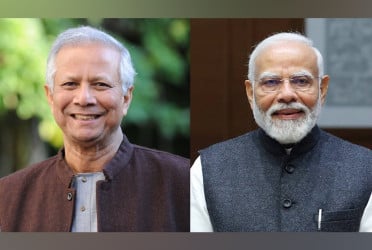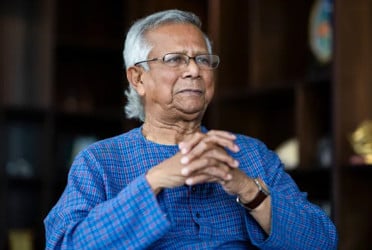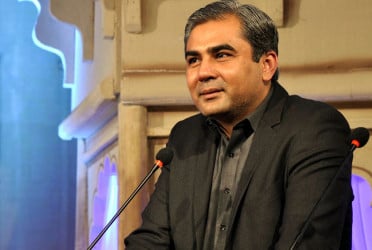Britain’s treasury chief kicked off a visit to China on Saturday aimed at boosting economic and financial cooperation between the countries, as the UK’s Labour government seeks to reset strained ties with Beijing.
British finance minister Rachel Reeves, who is traveling with a delegation of British business leaders, will meet top Chinese finance and economic officials, including Vice Premier He Lifeng.
“Growth is the number one mission of this Labour government. And to grow the economy, we need to help great British businesses export around the world,” Reeves said on Saturday as she visited a store of the British folding bike maker Brompton in Beijing.
She added the aim of her visit was “to unlock tangible benefits for British businesses exporting and trading around the world, to ensure that we have greater access to the second biggest economy in the world.”
A priority for Reeves’ trip is reviving the China-UK Economic and Financial Dialogue — annual bilateral talks that have been suspended since 2019 due to the COVID-19 pandemic and deteriorating relations. London hopes renewed dialogues will help bring down barriers that UK businesses face when looking to export or expand to China.
The talks were shelved after ties sourced following a series of spying allegations from both sides, China’s support for Russia in the Ukraine war and a crackdown on civil liberties in Hong Kong, a former British colony.
British officials said Reeves will also urge Beijing to stop its material and economic support for the Russian war effort in Ukraine and raise the issue of rights and freedoms in Hong Kong.
The delegation includes Bank of England Governor Andrew Bailey and the CEOs of the UK Financial Conduct Authority and the London Stock Exchange Group. Senior executives from some of Britain’s biggest financial services firms, including the group chairmen of HSBC and Standard Chartered, were also included.
Reeves’ visit comes after Foreign Secretary David Lammy travelled to China in October and Prime Minister Keir Starmer met with Chinese President Xi Jinping on the sidelines of the G20 summit in Brazil in November.
It's all part of a bid by Starmer, who was elected as leader in July, to strengthen political and economic ties with China, the UK’s fourth-largest single trading partner according to the Treasury.
Officials said Starmer wanted a “pragmatic” approach to working with Beijing on global stability, climate change and the transition to clean energy.
But some in the opposition Conservative Party have criticized his stance and said trade ties should not come at the expense of national security and human rights concerns.
British political leaders and intelligence chiefs have warned repeatedly that China poses security threats. Calls to tackle the challenge grew louder last month when it emerged that an alleged Chinese spy had cultivated close ties with Prince Andrew and carried out “covert and deceptive activity” for China’s ruling Communist Party, according to officials.
“National security is the foundation of what any government acting in the national interest will prioritize,” Reeves said. “But we need to make sure that we have pragmatic and good relations with countries around the world. That is in our national interest.”
Source: UNB
Bd-pratidin English/Fariha Nowshin Chinika

